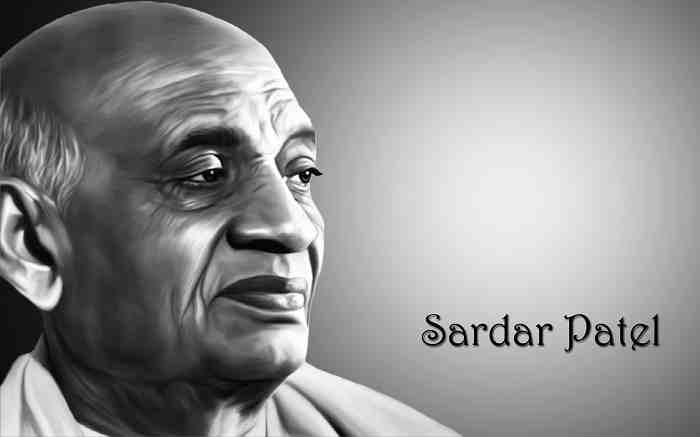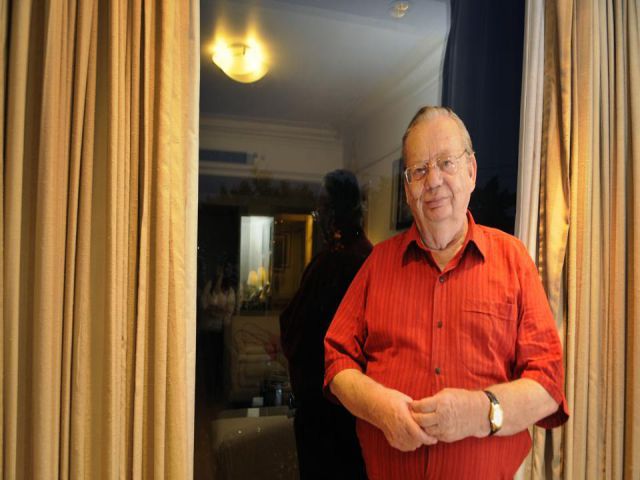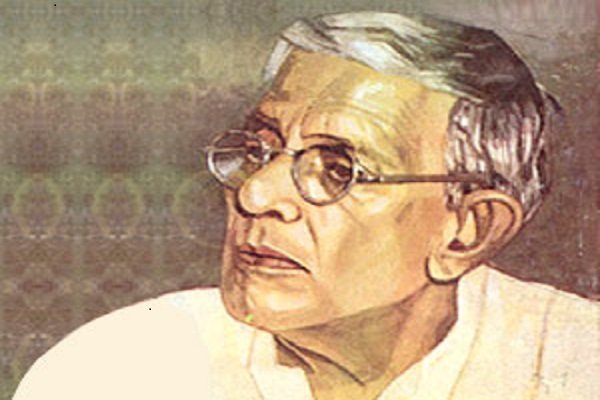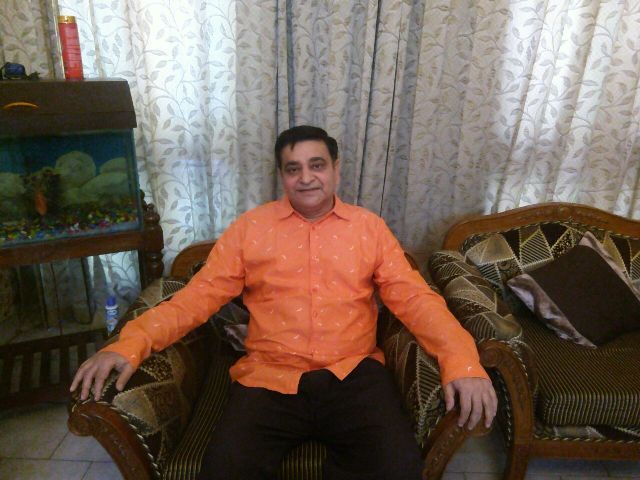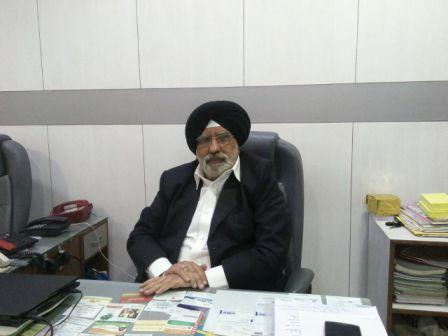Meet Chanda From Chooda – Ek Pratha: Ekta Tiwari

Meet Chanda From Chooda – Ek Pratha: Ekta Tiwari
One World News had an opportunity to have a tête-à-tête with Ekta Tiwari, the star from the hit TV show TERE MERE SAPNE, and the lead in the upcoming movie Chooda – Ek Pratha. We talked about everything, from her experience working in the film to her views on the oppressive rituals like chooda in India.
As a woman, how difficult was it for you to play the role of Chanda?
As an artist, we need to completely invest in the role that we are playing. It is often painful because you start living the character. I had only heard of child marriage, never seen it in real life. Many other things in the film have been portrayed in realistic ways. We were living every moment of the film. So for instance, when the children were getting married the villagers actually believed that a marriage was taking place. Everything was happening so realistically that everyone was involved. Being a theatre artist, I was emotionally drawn to the character of Chanda and I added my own inputs to her character from a host of other characters that I had played while retaining the originally conceptualized character of Chanda. Ravindra ji and Praveen ji would often break down while the shooting was happening. I myself have cried countless times.

When you portray such a strong character, how does it affect your personal life?
I feel that I have become much more mature for my age. Not just in this film, but other shows that I’ve done and the characters that I’ve played have shown me many things that I have never experienced in real life. So I feel I’ve become mentally very strong.
After playing such a role, is the idea of marriage difficult for you?
Oh, it will be very difficult! Actually from the very beginning my mindset has been that I don’t want to get married. And I really want to adopt a girl child. All these are thoughts that have always been there in my mind. And now they have become even clearer to me and the idea of marriage has actually become very difficult. (laughs)
How different are you from Chanda?
Firstly, she isn’t very educated, she hasn’t even finished her schooling. But if you ask in terms of our personalities, I’m more forthright and outspoken. I say whatever I feel like. Chanda, on the other hand, is more inhibited and would think a million times before saying what she feels. As women of today, our views are clearer and set but Chanda is more accepting of the norms imposed by the society. And the message that we want to give through the character of Chanda and this film is to tell the society that a woman isn’t an object that can be passed on from one to another. She is an individual in her own right.

It is very common for the society to label a woman as characterless if she has multiple relationships in her life, however, in the Chooda tradition precisely the same is imposed on a woman where she is forced to change her husbands every few years. What do you think about these double standards of the society?
Yes, there are these double standards where if the woman chooses to be with multiple partners then she’s a “bad woman”, however, in this case it isn’t her choice but of her family and the society and when she accepts their will then they don’t consider it as something bad she does. So since the society sets these rules, they decide when to honor a woman and when to dishonor her according to their own whims and fancies.
What was your initial reaction when you first found out about the Chooda pratha?
My first response was “What?! Do these things still happen today?” When Ravindra ji, Aviral and Jivan ji came to me with this script and the character I was shocked. Once I accepted the role, I did more research on it and I found that not just in one but in many parts of the country this tradition is followed rigorously and religiously. In other states they have the same pratha but under different names. I was very disturbed and I decided that it was my responsibility to bring this to light, as the first step.
What kind of movies do you want to be associated with in the future?
I want to be associated with meaningful cinema. They should be relevant. Also it is very important that what kind of people I work with. If the people are nice it makes a lot of difference.

How different are TV and Movies?
There is a big difference. For daily soaps we work 22 hours! But for me in both the cases, the role should be meaningful for me.
Being a woman, have you ever faced discrimination?
Not discrimination as such but yes there have been exploitations in various ways. I don’t want to recount them as they are painful memories and I believe in moving ahead. But I still haven’t lost faith and haven’t stopped trusting people. I haven’t let these things change me.
How was Seema Pandey as a mother?
She’s a sweetheart. She’s very sweet. It was really nice working with her.
How was the experience of working with Mr. Rajinder as a director? Especially since it is his own personal experience that he was narrating in this film.
He has grown up seeing this ‘pratha’ in practice and they left an impression on him so strong that he decided to do something about it. He is a very emotional person and this project is very close to his heart. Through this film, he’s questioning the society that why is this terrible practice still in place while at the same time warning the society that there will come a time when the number of men will far outnumber the women in the society. He wants to tell that the country isn’t free till we are bound by these ancient practices.
Do you think people would watch such a serious film?
None of us here believe that this is an entertainment film. It is a social film with a serious message. It isn’t here for making money. Though we have tried to entertain people by having characters that sometimes make it light. But overall this film is a serious one and caters to a particular kind of audience only. However, I would want that every person of the society should watch this film as each one of us have a responsibility towards the society and we should be aware of what is happening around us.
Being here in metropolitan cities, how can we hope to change the mindset of people in the rural areas?
For the people living in the areas where these traditions are practiced for them these things are quite common. They don’t believe what they are doing is wrong. It is very difficult to change their mindsets by simply telling them that they are wrong. We need to be patient and acquaint them to the negative consequences of these practices.


